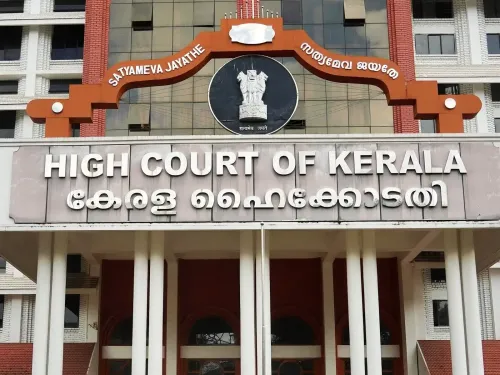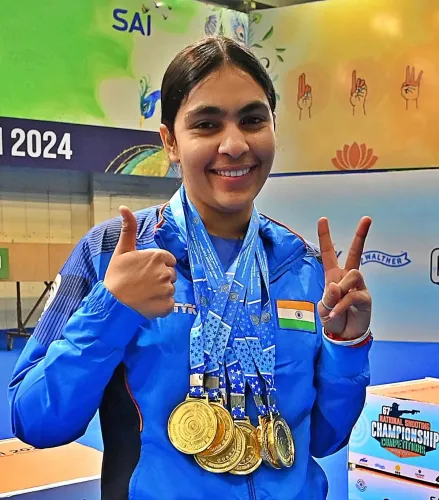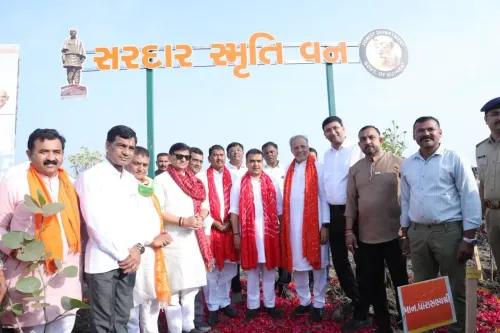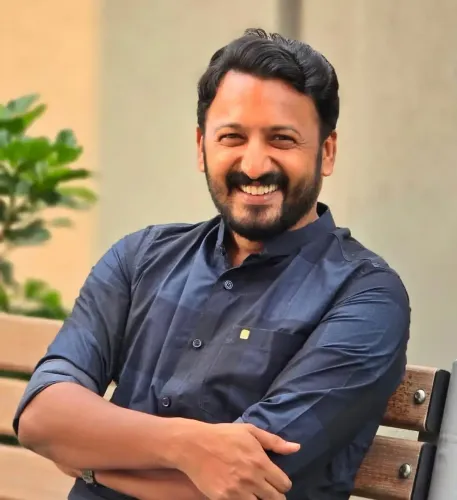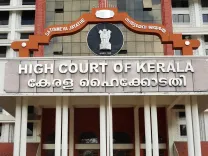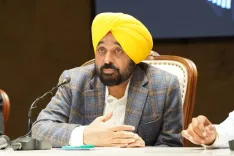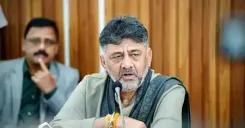Is There Selective Activism in Durgapur Gang-Rape Case?
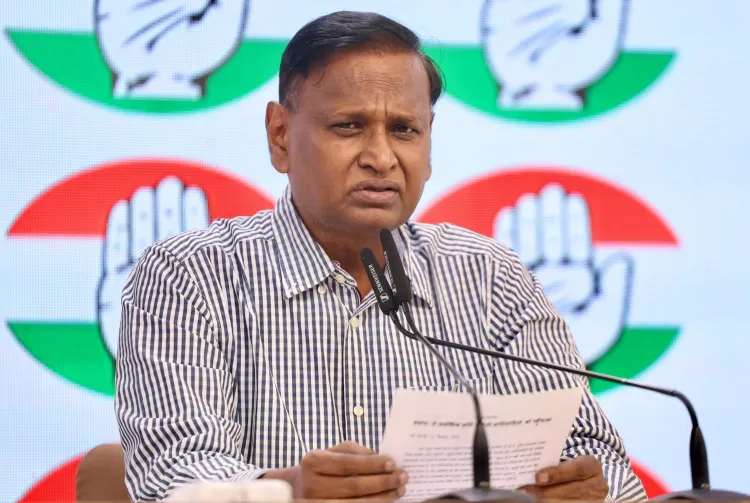
Synopsis
Key Takeaways
- Governor C.V. Ananda Bose submitted a report on the gang-rape case.
- Accusations of selective activism have emerged from opposition parties.
- The incident underscores disparities in government responses to crimes across political lines.
- Political leaders are calling for equal treatment of all states.
- The case highlights ongoing issues of violence against women in India.
New Delhi, Oct 16 (NationPress) A significant political controversy erupted on Thursday when West Bengal Governor C.V. Ananda Bose presented a comprehensive report to President Droupadi Murmu and the Union Ministry of Home Affairs (MHA) concerning the alleged gang-rape of a Dalit medical student in Durgapur.
This action drew sharp criticism from the Opposition, with the Congress and Samajwadi Party accusing the central government and governors of displaying selective activism in states governed by parties other than the BJP.
A source from the Raj Bhavan affirmed that the Governor's report includes his observations from a recent visit to Durgapur during which he met the victim's family, although specific details of the report are currently confidential.
Congress leader Udit Raj claimed there is a step-motherly treatment towards states governed by the Opposition.
In an interview with IANS, he remarked, "Why hasn't a similar initiative been taken in Odisha? The local government is in power there, and two appalling crimes against girls occurred recently without any urgency from the Governor. Such actions seem reserved for opposition-ruled territories. A crime occurred, but does this signify a lack of democratic equality?"
Congress MP Imran Masood supported this sentiment, stating to IANS, "There should be similar efforts in other states as well. Why is the West Bengal Governor the only one showing such urgency? What about the numerous rape cases in BJP-led states?"
Surendra Rajput, the Congress spokesperson, expressed that if governors in BJP-ruled states were as proactive as those in opposition-led ones, the circumstances would be significantly different. He remarked, "Anandiben Patel from Uttar Pradesh should awaken from her slumber. The National Crime Records Bureau (NCRB) data shows Uttar Pradesh has the highest rate of crimes against women. She could have reported on this matter. Additionally, the Haryana Governor should have addressed the suicide of an IPS officer, and the Madhya Pradesh government should have reported on the farmers' plight in the state."
He added, "The BJP is employing its governors to specifically target non-BJP states, which undermines the country's federal structure." The Samajwadi Party also accused the central government of political favoritism. Party leader Azam Khan questioned the inaction of Uttar Pradesh Governor Anandiben Patel in similar incidents.
He stated, "In Bengal, the Governor acts swiftly and decisively because the Trinamool is in power. However, when similar incidents occur in Uttar Pradesh, our Governor appears indifferent. Just days ago, a gang-rape occurred in Lucknow -- what actions have been taken? The BJP only acknowledges crime in Bengal, ignoring issues in its own states."
The incident, which took place on the night of October 10, involved a second-year student from Odisha studying at a private medical college in Durgapur.
Initial reports indicate that the victim was assaulted after leaving the college around 8 p.m. to purchase food. She was reportedly dragged into a nearby wooded area and subjected to gang-rape.


